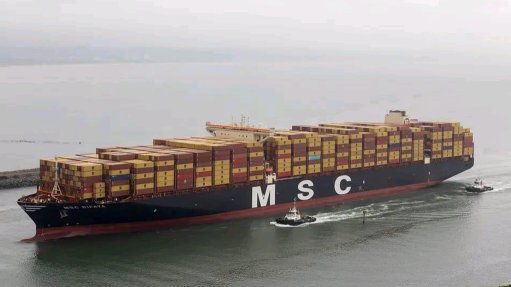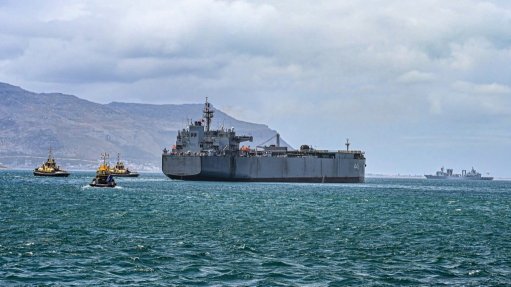Potential issues with charging electric vehicles
All the big automotive manufacturers are making electric vehicles (EVs). Why? I mean that, right now, internal combustion (IC) engines, gearboxes, drive systems, instrumentation . . . the whole lot . . . are pretty much sorted for conventional cars (let us call them IC cars), so why retool for electric cars? Simply because, once the development costs are covered, the profit margins are greater.
All the stuff is way cheaper. Take some cellphone lithium-ion batteries and connect a lot of them in series and parallel and you will have the EV battery. The inverter drive? Already exists; not cheap, but not too expensive. The rest of the components are much the same as the IC car.
It must be noted that Klaus Frölich, of BMW, states that EVs will always be more expensive that IC cars. However, I stick to my opinion: given a good metal worker and an electrician, I could build an EV, and it would perform, seriously. And I am sure there will be some sort of allowance that can be claimed for not emitting pollution. Not quite solved is the matter of recharging the EV. Audi says that its EV will do 400 km. Mercedes and Tesla state about 300 km.
Let us stick with Audi. Now, like IC cars, which need petrol stations, EVs will require charging stations. Businesstech reported on September 6 that a company called Alviva, through its subsidiary, Gridcars, planned to have 56 charging stations in operation by November. In the report, there are shown locations of the charging stations. From Cape Town to Mossel Bay, there will be three charging stations. From Cape Town to Bloemfontein five, excluding the Bloemfontein station. With 400 km to Mossel Bay, the EV will make it in one go. With about 250 km between charging stations, the Bloemfontein route will require charging stops.
To charge an EV on ‘slow charge’ takes about six hours. On ‘fast charge’, it is about 30 minutes. For the faster rate, the power supply capacity has to be 120 kW, or, at three-phase 380 V, about 180 A.
Assuming that the charging station has space for eight EV cars, the peak demand on the station will be of the order of 1 000 kW (1 MW). To get the supply to the station (from Eskom or the local municipality) will cost about R1 200/kW, so the actual power supply connection (before the building and the internal electrical distribution) will cost about R1.2-million for the supply and then about R10-million for the consumer distribution, all together, say, R15-million for electrical stuff to provide raw power.
The building and the actual chargers will be more expensive than this. Perhaps another R15-million. The revenue from the charging station will be primarily from selling kilowatt hours. For a ‘fast charge’, the kilowatt hour consumption will be 120 kW for 30 minutes or 90 kWh. The selling cost of this will be probably R3/kWh – more likely R4/kWh – so a charge will cost R360.
All well and good. A Mercedes C180 costs R800/600 km, or R1.33/km, compared with the Audi, which will cost R360/400 km, or R0.90/km. But (und zis is a very big but), while the petrol stations sell petrol, they also sell lube oil and diesel fuel. Also, they refuel the IC car in about 15 minutes so, generally, they cycle through revenue much faster than the EV charging station. The petrol stations also earn revenue at night, which, unless EVs become long-haul trucks and buses, is not going to happen for a charging station. So, a no-brainer for EV charging stations? Not quite yet, I think.
Article Enquiry
Email Article
Save Article
Feedback
To advertise email advertising@creamermedia.co.za or click here
Comments
Press Office
Announcements
What's On
Subscribe to improve your user experience...
Option 1 (equivalent of R125 a month):
Receive a weekly copy of Creamer Media's Engineering News & Mining Weekly magazine
(print copy for those in South Africa and e-magazine for those outside of South Africa)
Receive daily email newsletters
Access to full search results
Access archive of magazine back copies
Access to Projects in Progress
Access to ONE Research Report of your choice in PDF format
Option 2 (equivalent of R375 a month):
All benefits from Option 1
PLUS
Access to Creamer Media's Research Channel Africa for ALL Research Reports, in PDF format, on various industrial and mining sectors
including Electricity; Water; Energy Transition; Hydrogen; Roads, Rail and Ports; Coal; Gold; Platinum; Battery Metals; etc.
Already a subscriber?
Forgotten your password?
Receive weekly copy of Creamer Media's Engineering News & Mining Weekly magazine (print copy for those in South Africa and e-magazine for those outside of South Africa)
➕
Recieve daily email newsletters
➕
Access to full search results
➕
Access archive of magazine back copies
➕
Access to Projects in Progress
➕
Access to ONE Research Report of your choice in PDF format
RESEARCH CHANNEL AFRICA
R4500 (equivalent of R375 a month)
SUBSCRIBEAll benefits from Option 1
➕
Access to Creamer Media's Research Channel Africa for ALL Research Reports on various industrial and mining sectors, in PDF format, including on:
Electricity
➕
Water
➕
Energy Transition
➕
Hydrogen
➕
Roads, Rail and Ports
➕
Coal
➕
Gold
➕
Platinum
➕
Battery Metals
➕
etc.
Receive all benefits from Option 1 or Option 2 delivered to numerous people at your company
➕
Multiple User names and Passwords for simultaneous log-ins
➕
Intranet integration access to all in your organisation


















